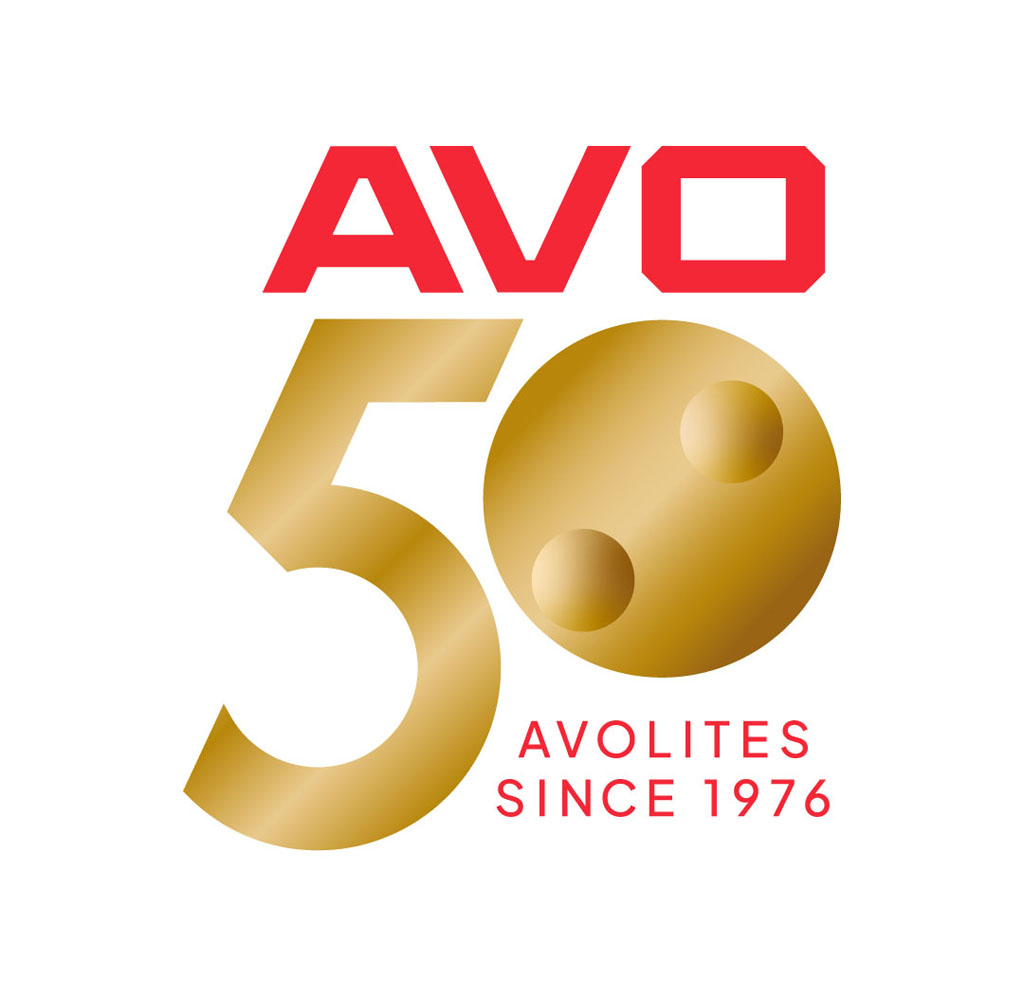
For decades, universities operated on a straightforward principle: knowledge was a scarce commodity. Students paid tuition, attended lectures, completed assignments, and ultimately earned a credential. This process not only provided access to hard-to-find knowledge but also signaled to employers that graduates had invested time and effort to master this information.
This model thrived because the supply of high-quality information was limited, keeping tuition and wage premiums high. However, the landscape is rapidly changing. The advent of artificial intelligence, particularly generative AI, is shifting the supply curve of knowledge dramatically to the right, making information more accessible and affordable.
The Impact of AI on Knowledge Economics
According to global consultancy McKinsey, generative AI could contribute between $2.6 trillion and $4.4 trillion annually in global productivity. This is largely because AI reduces the marginal cost of producing and organizing information to nearly zero. Large language models now do more than retrieve facts; they explain, translate, summarize, and draft content almost instantaneously. As the supply of information explodes, basic economic principles dictate that prices fall. Consequently, the “knowledge premium” that universities have long sold is deflating.
Employers are reacting swiftly to this shift. Since the launch of ChatGPT, entry-level job listings in the United Kingdom have decreased by about a third. In the United States, several states are eliminating degree requirements for public-sector roles. For example, in Maryland, the share of state-government job ads requiring a degree dropped from roughly 68% to 53% between 2022 and 2024.
Understanding the Changing Value of Knowledge
Economists like David Autor and Daron Acemoglu highlight that technology substitutes some tasks while complementing others. Codifiable knowledge—structured, rule-based material like tax codes or contract templates—is quickly being replaced by AI. In contrast, tacit knowledge—contextual skills such as leading a team through conflict—acts as a complement, and its value may even increase.
Data supports this view. Labour market analytics company Lightcast reports that one-third of the skills employers seek have changed between 2021 and 2024. The American Enterprise Institute warns that mid-level knowledge workers, whose roles depend on repeatable expertise, are most vulnerable to wage pressure.
“A wealth of information creates a poverty of attention.” — Herbert Simon, Nobel Prize–winning economist
As information becomes cheap and plentiful, our limited capacity to filter, judge, and apply it becomes the true bottleneck. This is why scarce resources are shifting from information itself to qualities that machines struggle to replicate: focused attention, sound judgment, strong ethics, creativity, and collaboration.
The C.R.E.A.T.E.R. Framework
These human complements to AI can be grouped under the C.R.E.A.T.E.R. framework:
- Critical thinking – Asking smart questions and identifying weak arguments
- Resilience and adaptability – Remaining steady amid change
- Emotional intelligence – Understanding people and leading with empathy
- Accountability and ethics – Taking responsibility for difficult decisions
- Teamwork and collaboration – Working effectively with diverse thinkers
- Entrepreneurial creativity – Identifying gaps and creating new solutions
- Reflection and lifelong learning – Staying curious and ready to grow
These capabilities are the genuine scarcity in today’s market, complementing AI rather than substituting it, which is why their wage returns remain stable or even increase.
Strategies for Universities to Adapt
Universities must adapt to this new reality by focusing on cultivating human skills that complement AI. Here are key strategies they can implement:
- Audit courses: If AI tools like ChatGPT can excel in exams, the value of teaching that content is minimal. Shift assessments towards judgment and synthesis.
- Reinvest in the learning experience: Allocate resources to coached projects, real-world simulations, and ethical decision labs where AI is a tool, not the performer.
- Credential what matters: Develop micro-credentials for skills such as collaboration, initiative, and ethical reasoning. These signal AI complements, not substitutes, to employers.
- Collaborate with industry: Engage employers in co-designing assessments. A successful partnership resembles a design studio rather than a boardroom directive, with academics providing teaching expertise, employers offering real-world use cases, and students testing and refining ideas.
The comparative advantage now lies in nurturing human skills that complement AI. If universities fail to adapt, the market—students and employers—will move on without them. The opportunity is clear: shift from content delivery to judgment formation. Teach students to think with, not against, intelligent machines, as the old model of pricing knowledge as a scarce good is already slipping below its economic break-even point.





